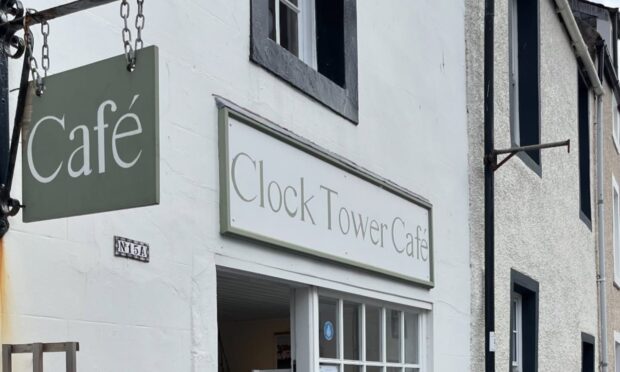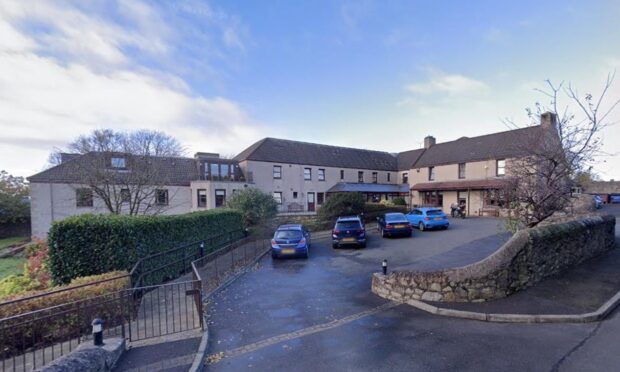A no deal Brexit will push already-stretched environmental health services to the limit and raise the likelihood of cheap and illegal food imports coming into the area, Fife councillors have been told.
Fife Council, in particular, has experienced difficulties in recruiting qualified environmental health officers in the past year and the outlook across the rest of Scotland is similarly bleak.
The Society of Chief Officers of Environmental Health in Scotland has suggested there are around 40 vacancies throughout the country.
It has emerged multiple proposed exit dates for leaving the EU have already placed “significant resource pressures” on the department in Fife and a no deal scenario could well push staff to breaking point.
Updating the region’s environment and protective services sub committee, Nigel Kerr, head of Fife’s protective services, confirmed the kingdom remains “down a number” of environmental health officers and currently does not have any trainees in post.
“In the event of a no deal Brexit, all foods exported to the EU will require an Export Health Certificate (EHC).
“This will result in a substantial increase in demand for EHCs and will put significant pressure on already stretched resources.
“Depending on the type of commodity the certifying officer will either be a local authority environmental health officer or food safety officer or an official vet.
“The commodity and the requirements set by the importing country and protocols agreed with Department for Environment, Food and Rural Affairs and the Animal Plant and Health Agency will determine the need and frequency for on site checks prior to the issuing of export health certificates.
“Fife Council’s environmental health teams are participants in the Scotland-wide multi-agency work regarding this, both for the current expected exit date and the previous dates.
“This work includes UK Government, Scottish Government, CoSLA and other agencies, and the majority of focus has been on fish/shellfish exports due to the impact on the Scottish economy.”
Mr Kerr said that work is ongoing to establish risks, challenges and resource requirements for various scenarios at the end of the transition period on December 31 but there is growing potential for an increase in food crime.
“Environmental health professionals have a significant contribution to make in tackling food crime and protecting Scotland’s public health.
“Fife Council environmental health actively works with other local authorities, Food Standards Scotland and other regulatory agencies to increase and share intelligence around organised crime and its links to food crime.”
Figures revealed last month the annual budget for the UK’s National Food Crime Unit has rocketed from £420,000 in 2015 – shortly after it was set up in response to the 2013 horsemeat scandal – to more than £5.7 million in the current financial year.
The Food Standards Agency has claimed there is “no evidence” the UK would be at more risk of food crime after leaving the EU.
A spokesman said: “The Treasury has provided extra funding to support the FSA’s wider preparations for leaving the EU, which has included the expansion of the National Food Crime Unit.
“However, this expansion to include a wider function was identified several years previously, and this has now taken place.”










